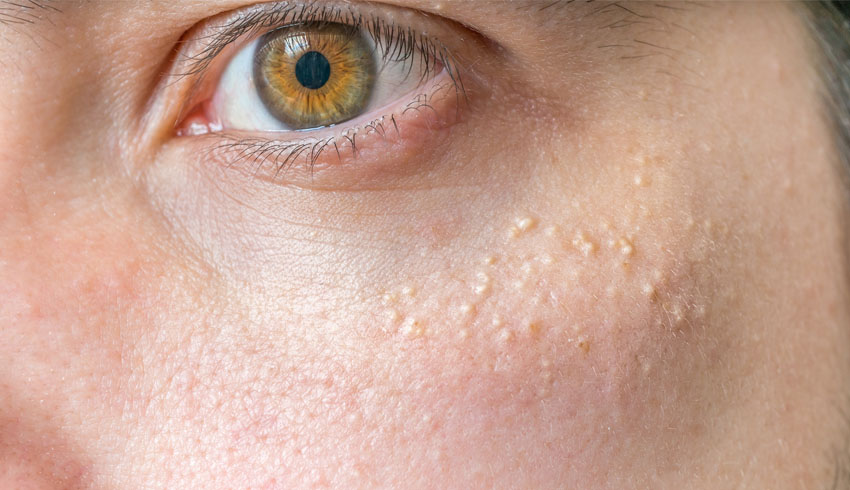
With summer season in full swing, the question that's top of mind is this: How can we keep our skin safe in the summer sun? To answer that question, we turned to the expert, company President and Master Esthetician Boldijarre Koronczay. We tapped into his enormous base of knowledge for the answers on what sunscreens to use and what effect they have on our skin:
1. What's The Difference Between The DIfferent Types Of UV Rays?
Everyone on earth should be using sun protection — if you’re outside, you need to be protected! The sun has several different types of rays but the rays that cause us most concern are the UVA and UVB rays
UVA rays are the #1 cause of aging. They destroy collagen, contribute to a lack of elasticity and tone and cause thicker looking skin — what I call “alligator skin”.
UVB rays cause redness, burning and contribute to the development of skin cancer. UVB rays lead to inflammation that triggers aging and free radicals that destroy collagen. It also causes a release of pigment which may turn into a tan but may also lead to hyperpigmentation in the future.
UVC rays are the deadliest of all UV rays and have been linked to causing cancer. In theory, the Earth's atmosphere protects us from most of these rays but with the thinning ozone layer, they are a growing concern.
2. What's The Difference Between Physical & Chemical Sunscreens?
I look at chemical sunscreens like the neutralizer for hair color. The neutralizer reacts with the hair color to stop the process from damaging your hair. Chemical sunscreens act like a neutralizer, absorbing into your skin and absorbing UV rays, rendering them harmless.
Physical sunscreens with zinc, on the other hand, physically block UV rays, and they also reflect the light. Zinc acts like a mirror — when you apply zinc to your face, it turns your face into something like a disco ball. The physical sunblock becomes like a layer of tiny, tiny mirrors on top of your skin, and they reflect and bounce harmful rays away from your skin. Also, physical sunscreens start working right away - compared to chemical sunscreens which need 15 minutes to absorb. Finally, physical sunscreens can protect for longer than chemical sunscreens which can become unstable and ineffective.
3. What Is Better, A Stand-A-Lone Sunscreen Or A Moisturizer That Contains Sunscreen?
I think you can have your cake and eat it too! It’s really up to your personal preference because some fantastic day creams contain SPF and are a good two-for-one option. If you want to look at shampoos as an example — there are some great two-in-one shampoo/conditioners, but some people also get great results with separate shampoos and conditioners. Really, it’s all up to your own preference.
Do you have any other questions about sun care? Let us know in the comments below.


.jpg)
